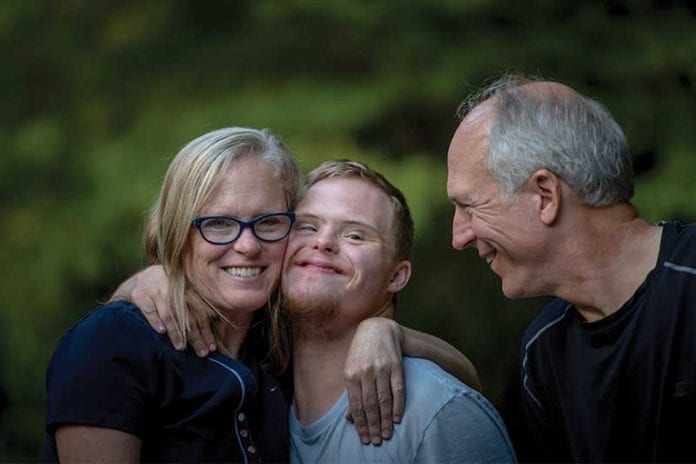Family members want to know as much as possible, especially when their loved one is seriously injured or ill. But for adult patients, how much can you really share with their family? Many nurses aren’t always clear on what HIPAA and other regulations actually allow them to talk about with a patient’s family members. When a patient is not awake and alert, and cannot currently speak and communicate, this gets even more difficult.
Here’s some up to date information about what you can and can’t share with a patient’s family members.
The HIPAA Privacy Rule: Can You Talk to a Patient’s Family & Friends?
Does HIPAA permit you to discuss details of a patient’s care with their family? The short answer is yes. The HIPAA privacy rule, at 45 CFR 164.510 b, does permit physicians and other healthcare providers to share directly relevant medical care or payment information with a patient’s spouse, family members, friends, or other persons identified by the patient.
But what if the patient is unable to give their opinion or consent, such as if they are not fully conscious? In this case, it is left to a physician or nurse’s professional judgment. If you determine that communicating the information to a particular person is in the patient’s best interest, you are permitted to share it.
For example, if a patient has a heart attack during surgery, the surgeon is permitted to inform their spouse of the event. The patient may not be able to give consent at that time for the information to be disclosed, but common sense and good professional judgment would indicate that informing the spouse of the heart attack is certainly in the patient’s interest.
For the most part, you may share information with a family member or close friend if:
- The person in question is directly involved in the patient’s health care or health care payment;
- The patient has specified that the person can receive the information;
- The patient does not object to the sharing of information with that person, when given the opportunity to do so;
- Your professional judgment would be that the patient, if given the opportunity, would not object.
You may also share this information over the phone or in writing.
Can You Inform Visitors or Callers About A Patient’s Location in a Facility or General Condition?
Again, the short answer is yes. The HIPAA Privacy Rule permits hospitals and other healthcare facilities to maintain a directory with certain information about patients. This includes their name, their location within the facility, and their general health condition.
Such directories are not supposed to communicate specific information about a patient’s medical condition, nor should it indicate the patient’s religious affiliation. The exception to this is that religious affiliation may be disclosed to members of the clergy who ask for the patient by name — for example, to a Catholic priest who has come to perform the sacrament of Last Rites for a terminally ill patient.
The patient must be informed about the information included in the directory, and they must be informed about the people to whom that information can be communicated. They may choose to restrict information disclosure, and they may also choose to opt out entirely.
If a patient has not, at any point in their treatment, been capable of making decisions about the information in the directory, decisions are again left to the good professional judgment of medical professionals.
The above also applies to patients who may not normally be included in a facility’s general directory. For example, patients in the emergency room may be in a separate directory.
If a friend or family member calls to ask about a patient’s condition, you are not required to request proof of identity. However, healthcare providers and facilities may establish their own verification rules for these kinds of phone calls, so it’s important to be familiar with your employer’s policy on this.
What If Someone Wants the Information So They Can Inform a Direct Family Member?
If someone is requesting information about a patient’s location and condition so that they can communicate that information to a family member, you may disclose information, so long as it is in keeping with the HIPAA privacy rule.
Sharing Important Information with A Patient’s Loved Ones
HIPAA may come across as complex, restrictive, and a bit intimidating, but these important privacy guidelines are not devoid of humanity. Under the HIPAA Privacy Rule, you may use your professional judgment in situations where a patient isn’t capable of giving their opinion or consent about sharing information with family members.
This article was republished with permission from SCRUBS Magazine.


